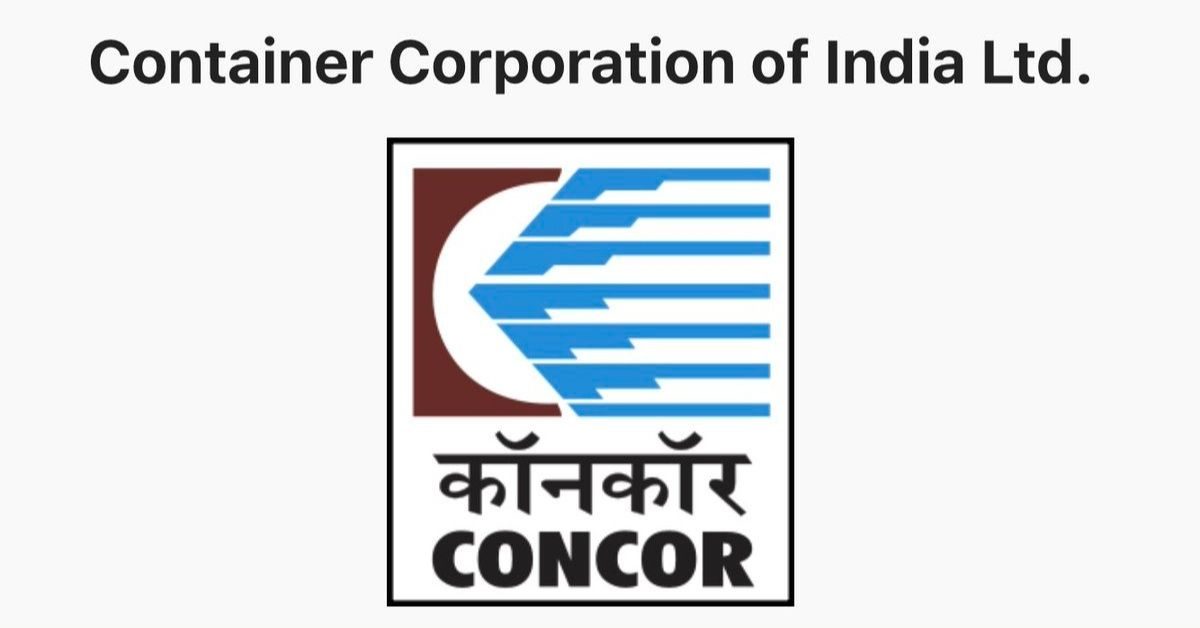Over the last two years, CONCOR’s domestic market share has been growing at about 25 percent.
To facilitate the plan, CONCOR has ordered 12 feet high containers which will ease the “load ability constraints” associated with the normal 20 feet containers and help reduce the per unit cost for customers, top Company officials said.
FMCG cargo typically include consumer home durables such as television sets, washing machines, air conditioners, refrigerators, among others.
India’s FMCG logistics market is estimated at $102.04 billion in 2023 and is expected to reach $129.29 billion by 2028, growing at a CAGR of 4.84 percent, according to market research firm Research and Markets.
By mode of transport, the FMCG market comprises services (transportation, warehousing, and other value add), railways, airways, roadways, and waterways.
The FMCG logistics market is currently dominated by companies such as Blue Dart Express, DHL Express, FedEx, Gati, Kintetsu World Express and Safexpress.
FMCG cargo, which is a low weight cargo, has not been with us till now, Sanjay Swarup, Chairman and Managing Director, CONCOR said at the post second quarter results earnings call with analysts on 3 November.
“So, taking corrective measures, the Company has ordered 12 feet high containers. We have given orders for 1,000 such containers. Out of that, 180 containers have already arrived, and trials have been conducted. Commercial operations are going to start very soon for these containers. And, by deploying these containers, we are very hopeful that we will be able to increase our domestic share in which we can have FMCG cargo also with us. The 12 feet high containers will be a big focus area for the Company,” Swarup added.
Explaining why CONCOR has so far not looked at carrying FMCG cargo which moves mostly by road, Mohammed Azhar Shams, Director, Domestic, CONCOR, said, “The main constraint has been load ability issues”.
The load ability of FMCG cargo in normal 20 feet containers is around 2-3 tons, while per the rate policy of Indian Railways, the party has to pay for a minimum of 7.5 tons.
“In order to address this issue and to increase the load ability and reduce the per unit cost to the customers, we have come up with an innovation of 12 feet high containers,” Azhar Shams explained.
The 12 feet container is identical to a 20 feet container in every other dimension – 20 feet length and 8 feet width – but the height will be 12 feet which normally is 8.6 feet.
“So, with the 12 feet height, the load ability will increase to at least 8-10 tons,” Shams said. “As a result of the higher load ability, the per ton costing certainly will be much cheaper as compared to whatever loads at this point of time is charging. The per ton cost will come down compared to the road,” Shams added.
CONCOR has completed trial runs using the 12 feet high containers with Coca Cola and IFB.
“Whatever the Indian Railways has been charging for a normal 20 feet container, they will continue to charge the same amount for the 12 feet high container also. So, we find that, not only in terms of securing good volumes, but we are also going to get some additions in the margins as well,” Shams added.
In 2021, the Ministry of Railways decided to permit the introduction of a 12 feet high container of 20 feet length for cargo transportation on its network.
In a circular, the Ministry said that the haulage charges for these containers will be at par with the haulage charges notified in 2018 for different weight slabs on a per twenty-foot equivalent unit (TEU) basis.
A TEU is the standard size of a container and a common measure of capacity in the container business.
When commodities notified by the Indian Railways are transported in 12 feet high containers, it will be charged at Container Class Rate (CCR) subject to the existing terms and conditions, the Ministry of Railways said in the circular.







